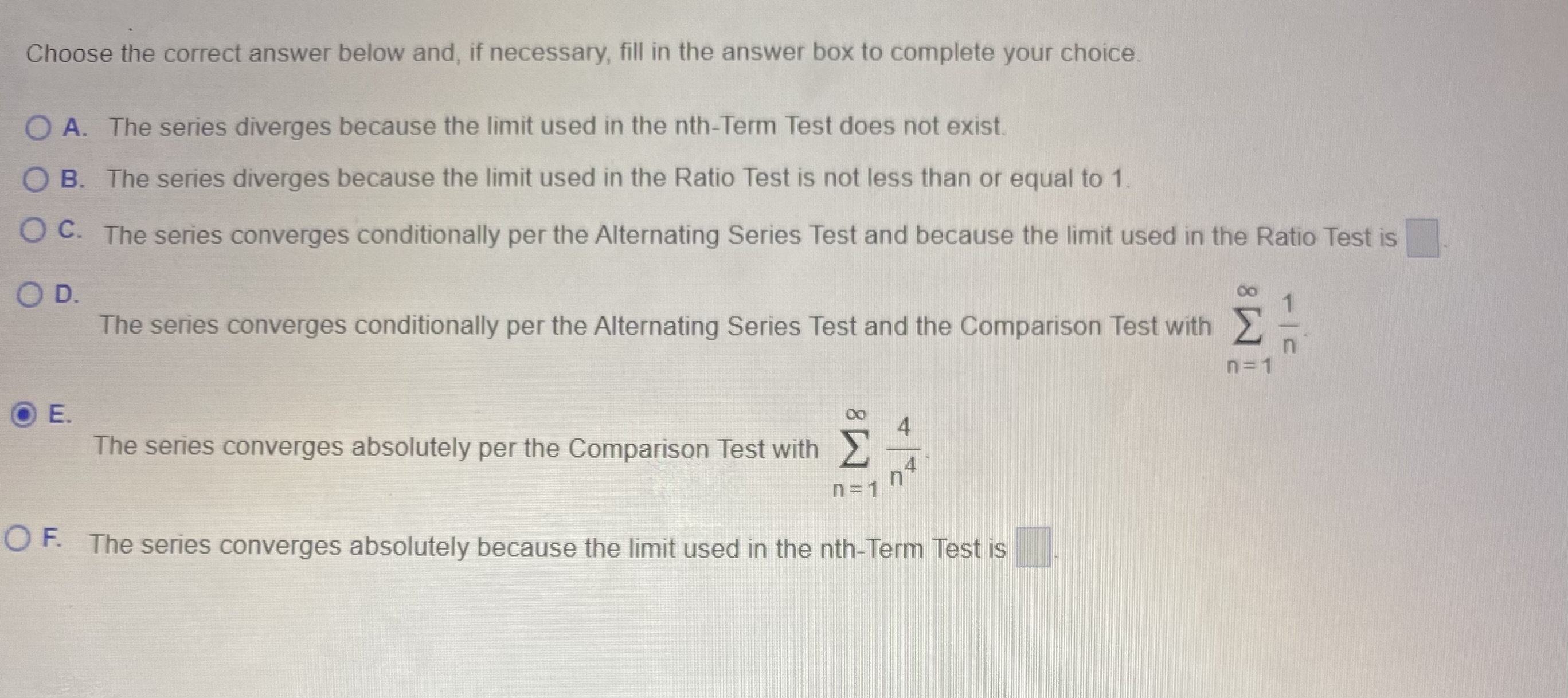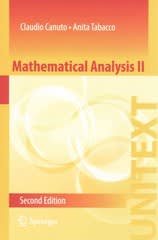Answered step by step
Verified Expert Solution
Question
1 Approved Answer
*Please only answer if you know the answer I'm very strapped for time* *To avoid confusion please highlight, circle, or box in the correct answer,
*Please only answer if you know the answer I'm very strapped for time*
*To avoid confusion please highlight, circle, or box in the correct answer, that way I can differentiate between work and the correct answers*


Step by Step Solution
There are 3 Steps involved in it
Step: 1

Get Instant Access to Expert-Tailored Solutions
See step-by-step solutions with expert insights and AI powered tools for academic success
Step: 2

Step: 3

Ace Your Homework with AI
Get the answers you need in no time with our AI-driven, step-by-step assistance
Get Started


